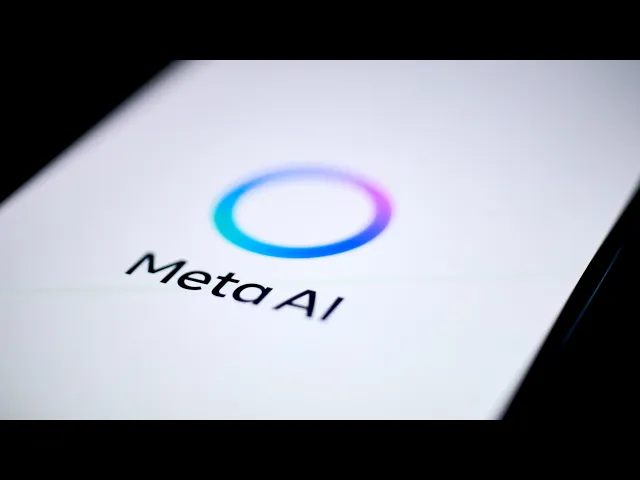Meta Names Chief Scientist for New AI Unit

Meta elevates AI commitment with chief scientist
In a significant move that reinforces its strategic pivot toward artificial intelligence, Meta has appointed Yann LeCun as the chief scientist for its newly formed AI research unit. This organizational restructuring signals Meta's intensified focus on integrating AI across its family of apps and developing advanced AI technologies that could potentially reshape how users interact with its platforms. The announcement comes at a crucial moment when big tech companies are aggressively competing for AI talent and racing to deploy increasingly sophisticated AI systems.
Key developments in Meta's AI strategy
-
Meta is consolidating its AI research efforts under a unified structure, bringing together teams that were previously scattered across different divisions to create a more cohesive approach to AI development and implementation.
-
Yann LeCun, a pioneering figure in deep learning and computer vision who has been with Meta since 2013, will lead this restructured AI unit as chief scientist, reporting directly to CTO Andrew Bosworth.
-
The reorganization appears designed to accelerate Meta's AI initiatives, particularly in developing foundational models that can power new features and experiences across Facebook, Instagram, WhatsApp, and other Meta products.
Reading between the lines of Meta's AI restructuring
What's most telling about this organizational change isn't just the elevation of LeCun's role, but what it reveals about Meta's strategic priorities. By creating this unified AI division and placing a renowned AI pioneer at its helm, Meta is signaling that it views AI not merely as a supplementary technology but as fundamental to its future.
This restructuring comes amid intense competition in the AI space. While OpenAI, Google, and Anthropic have dominated headlines with their consumer-facing AI products, Meta has been somewhat less visible despite significant internal investments in AI research. This move suggests Meta is determined to close that perception gap and potentially leapfrog competitors by leveraging its massive user base and data advantages.
The timing is particularly noteworthy given the current AI talent war. Top AI researchers are in extraordinarily high demand, with compensation packages reaching astronomical levels. By elevating LeCun and consolidating its AI teams, Meta is likely aiming to both retain its current AI talent and attract new researchers who want to work on ambitious projects with real-world impact at unprecedented scale.
What Meta's competitors are doing differently
While Meta focuses on restructuring
Recent Videos
How To Earn MONEY With Images (No Bullsh*t)
Smart earnings from your image collection In today's digital economy, passive income streams have become increasingly accessible to creators with various skill sets. A recent YouTube video cuts through the hype to explore legitimate ways photographers, designers, and even casual smartphone users can monetize their image collections. The strategies outlined don't rely on unrealistic promises or complicated schemes—instead, they focus on established marketplaces with proven revenue potential for image creators. Key Points Stock photography platforms like Shutterstock, Adobe Stock, and Getty Images remain viable income sources when you understand their specific requirements and optimize your submissions accordingly. Specialized marketplaces focusing...
Oct 3, 2025New SHAPE SHIFTING AI Robot Is Freaking People Out
Liquid robots will change everything In the quiet labs of Carnegie Mellon University, scientists have created something that feels plucked from science fiction—a magnetic slime robot that can transform between liquid and solid states, slipping through tight spaces before reassembling on the other side. This technology, showcased in a recent YouTube video, represents a significant leap beyond traditional robotics into a realm where machines mimic not just animal movements, but their fundamental physical properties. While the internet might be buzzing with dystopian concerns about "shape-shifting terminators," the reality offers far more promising applications that could revolutionize medicine, rescue operations, and...
Oct 3, 2025How To Do Homeless AI Tiktok Trend (Tiktok Homeless AI Tutorial)
AI homeless trend raises ethical concerns In an era where social media trends evolve faster than we can comprehend them, TikTok's "homeless AI" trend has sparked both creative engagement and serious ethical questions. The trend, which involves using AI to transform ordinary photos into images depicting homelessness, has rapidly gained traction across the platform, with creators eagerly jumping on board to showcase their digital transformations. While the technical process is relatively straightforward, the implications of digitally "becoming homeless" for entertainment deserve careful consideration. The video tutorial provides a step-by-step guide on creating these AI-generated images, explaining how users can transform...
